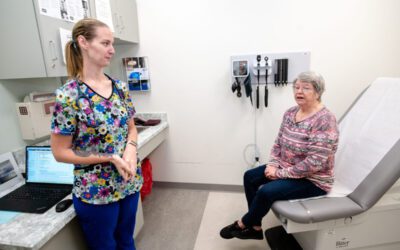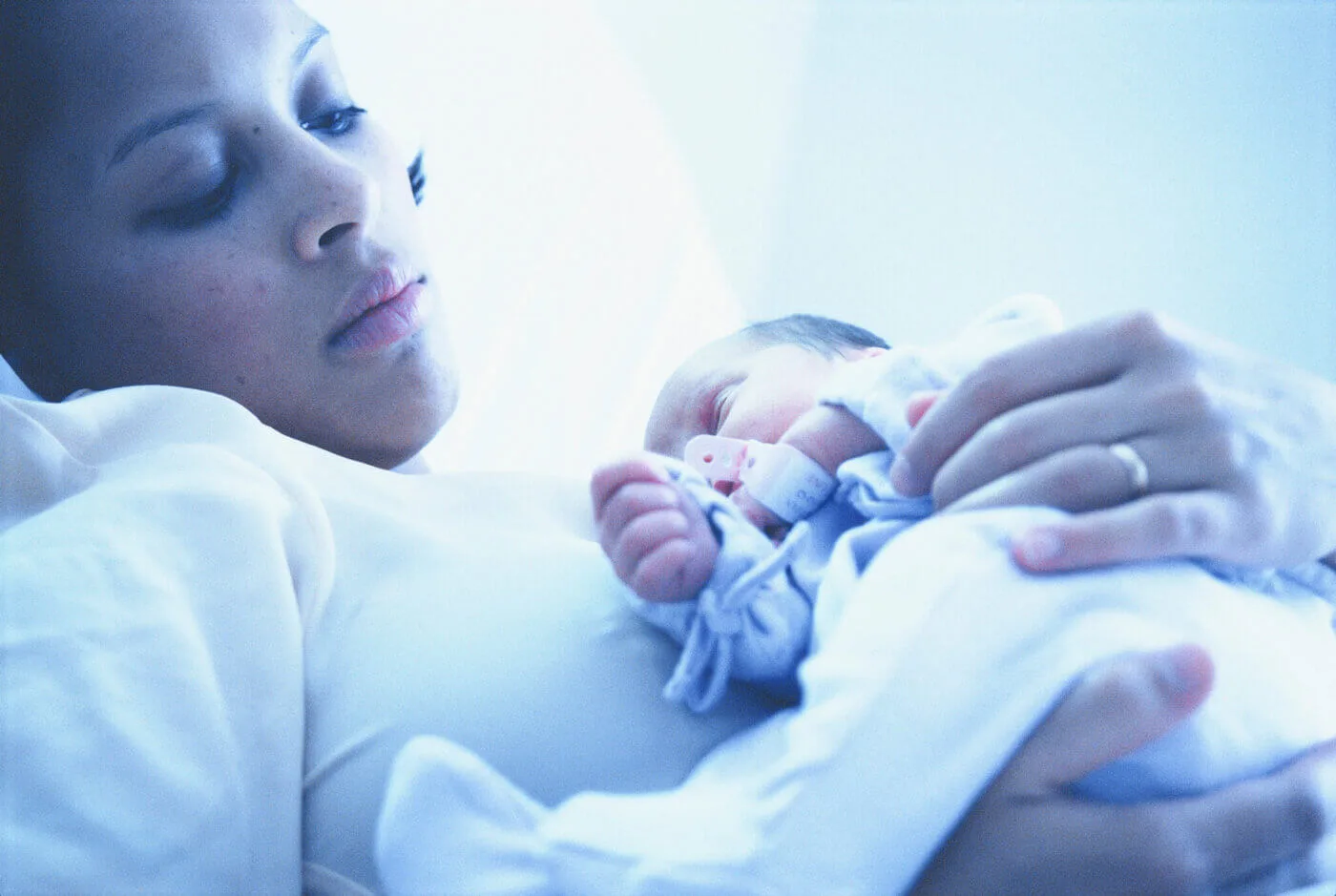
Maternity hospital, Models. (Photo by: BSIP/Universal Images Group via Getty Images)
Five counties in Pennsylvania are maternity care deserts.
Kaitlyn Moore, a 32-year-old Berks County resident, is pregnant with her first child. Her closest hospital is a 30-40 minute drive over back country roads, and even the closest ambulance service is about a half hour from her home.
“It’s stressful being pregnant for the first time and having to worry that if something goes wrong, I’ve got a bit of a way to travel before getting help,” Moore said. “I can’t imagine what it would be like if there wasn’t a hospital in the county I lived in.”
That’s the reality for more than 2 million women in the US—including over 193,000 in Pennsylvania—who live in what are known as maternity deserts. According to a 2022 report from the March of Dimes, five counties in Pennsylvania are considered maternity deserts: Cameron, Forest, Juniata, Sullivan, and Wyoming. These are counties where maternity care services—like prenatal doctor visits, screenings for preeclampsia and other pregnancy complications, and hospitals or clinics with birth centers—are limited or nonexistent.
People who are pregnant or recently gave birth in these areas face a greater risk of death than mothers who live in areas with more robust medical access, research has shown.
How hard is it to get maternity care?
Delaware County, located just outside of Philadelphia, isn’t considered a maternity desert—in fact, it’s a county you might expect to go to if you needed maternity care but didn’t have any nearby. And yet even there, it’s been hard to offer pregnant people the care they need.
In January 2022, the hospital closed its Labor & Delivery department, the nursery, and the Newborn Intensive Care Unit (NICU). Crozer Health System, which owns Delaware County Memorial Hospital, cited COVID-19 challenges and a staffing shortage as the reason for the closure.
The nearest hospital, Mercy Fitzgerald Medical Center in Darby, does not offer maternity services. The closest option for pregnant people is Lankenau Medical Center, located 15 minutes away in neighboring Montgomery County. While it’s not a terribly far distance, having to travel across county lines for care can still present major challenges for anyone lacking access to transportation.
Moore is familiar with such hardships. She does not drive and relies on her boyfriend, who works full-time, to take her to her appointments.
“What if I go into early labor?” Moore said. “I would have to call him and wait for him to get here and then make the long drive to the closest hospital. It’s not like I live in an area where there is public transportation right down the street or even an Uber that’s in the area. No matter what, whether I call for an ambulance, try to find a ride, or wait for my boyfriend to get here, I’m still waiting a good bit of time.”
Out of the 67 counties in Pennsylvania, 19 have hospitals that don’t provide obstetric services and there are no accredited freestanding birth centers, according to a report from The Center for Rural Pennsylvania.
What’s more, 31 counties don’t have an NICU—which means that infants with complications must be transported to the closest regional hospital with NICU services, with or without their recovering mother.
What is being done to fix maternal health care shortages?
Improving maternal care in the commonwealth is already an uphill battle, with care deserts located in different parts of the state. And Republicans aren’t doing much to help.
State GOP lawmakers claim they were involved in extending Medicaid benefits to low-income mothers—but it was the previous administration, under Democratic Gov. Tom Wolf—that developed a federal option in the American Rescue Plan for postpartum Pennsylvanians. Meanwhile, Republican state lawmakers have waged war on maternal care in recent years, holding back laws that would help pregnant women—such as the Pregnant Workers Fairness Act and the Pennsylvania Support Through Loss Act.
A recent report from the Center for Rural Pennsylvania went so far as to say the “elimination of “maternity care deserts” is unlikely to occur” in the commonwealth.
A lack of maternity care and maternal mortality rates
The maternal mortality rate has been on the increase for decades, according to the Centers for Disease Control and Prevention. The US has the highest rate of any developed country, at 17.4 deaths per 100,000 births. In Pennsylvania, the maternal mortality rate is even higher, at 18.6.
“When you eliminate critical medical services, you don’t eliminate the patients seeking them, you just force those patients to seek care elsewhere, swamping a system that is already struggling,” said Angela Neopolitano, Emergency Department nurse at Delaware County Memorial Hospital and president of the Delaware County Nurses Association.
Even in areas with access to maternal care, other challenges—like poverty, limited transit, lack of insurance, and systemic racism—can put families at risk of poor maternal and infant health outcomes. Estimates from the CDC show that 60% of pregnancy-related deaths in the US are preventable, but inadequate treatment and identification of health risks contribute to hundreds of maternal deaths annually.
Support Our Cause
Thank you for taking the time to read our work. Before you go, we hope you'll consider supporting our values-driven journalism, which has always strived to make clear what's really at stake for Pennsylvanians and our future.
Since day one, our goal here at The Keystone has always been to empower people across the commonwealth with fact-based news and information. We believe that when people are armed with knowledge about what's happening in their local, state, and federal governments—including who is working on their behalf and who is actively trying to block efforts aimed at improving the daily lives of Pennsylvania families—they will be inspired to become civically engaged.


Home care workers in Pa. and other states are losing minimum wage protections — and fighting back
Three million care workers, many of them Black and Latina women, could be classified as “companions” instead of professionals. For more than two...
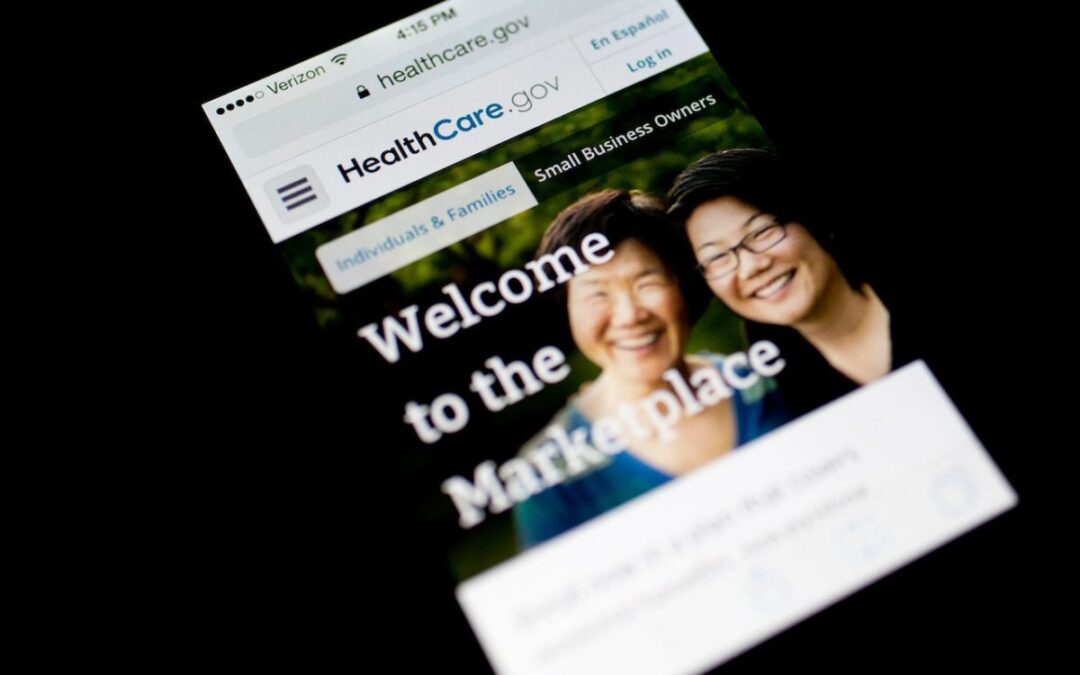
Congressional health insurance tug-o-war puts Pennsylvanians in a lurch
Premiums for state marketplace plans are expected to double in the coming year. Jamie and Carrie Wright rattle off the numbers with ease. It’s...
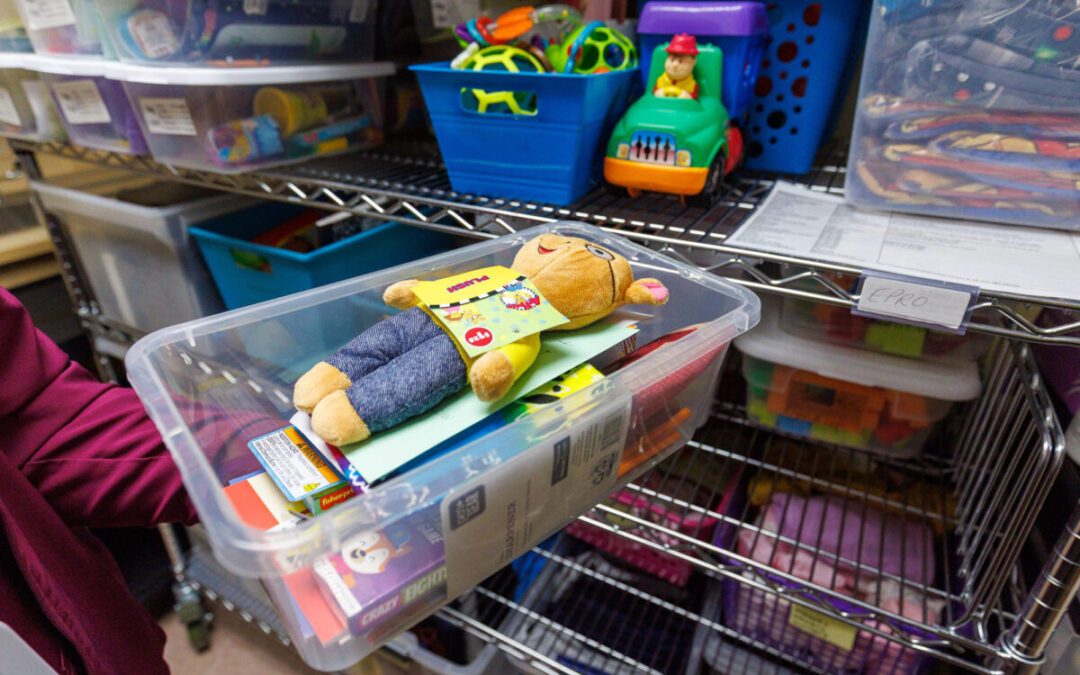
New pediatrics pod in UPMC Hanover helps keep care close to home
A newly renovated three-bed inpatient 'Pediatrics Pod' at UPMC Hanover Hospital will help the community's youngest patients closer to home,...
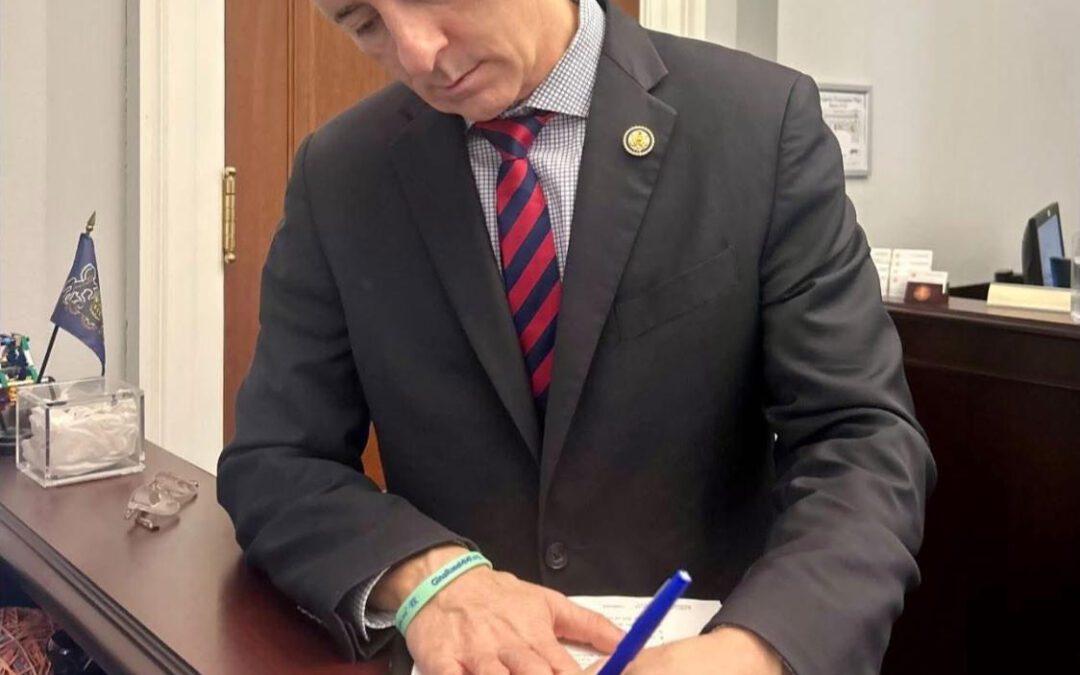
Fitzpatrick offers health care tax credit extension as deadline looms
A slate of eight bipartisan Congress members, including U.S. Rep. Brian Fitzpatrick has introduced a bill to extend health care tax credits. These...

Swing district Republicans brace for political fallout if health care subsidies expire
Republicans in key battleground U.S. House districts are working to contain the political fallout that may come when thousands of their...





